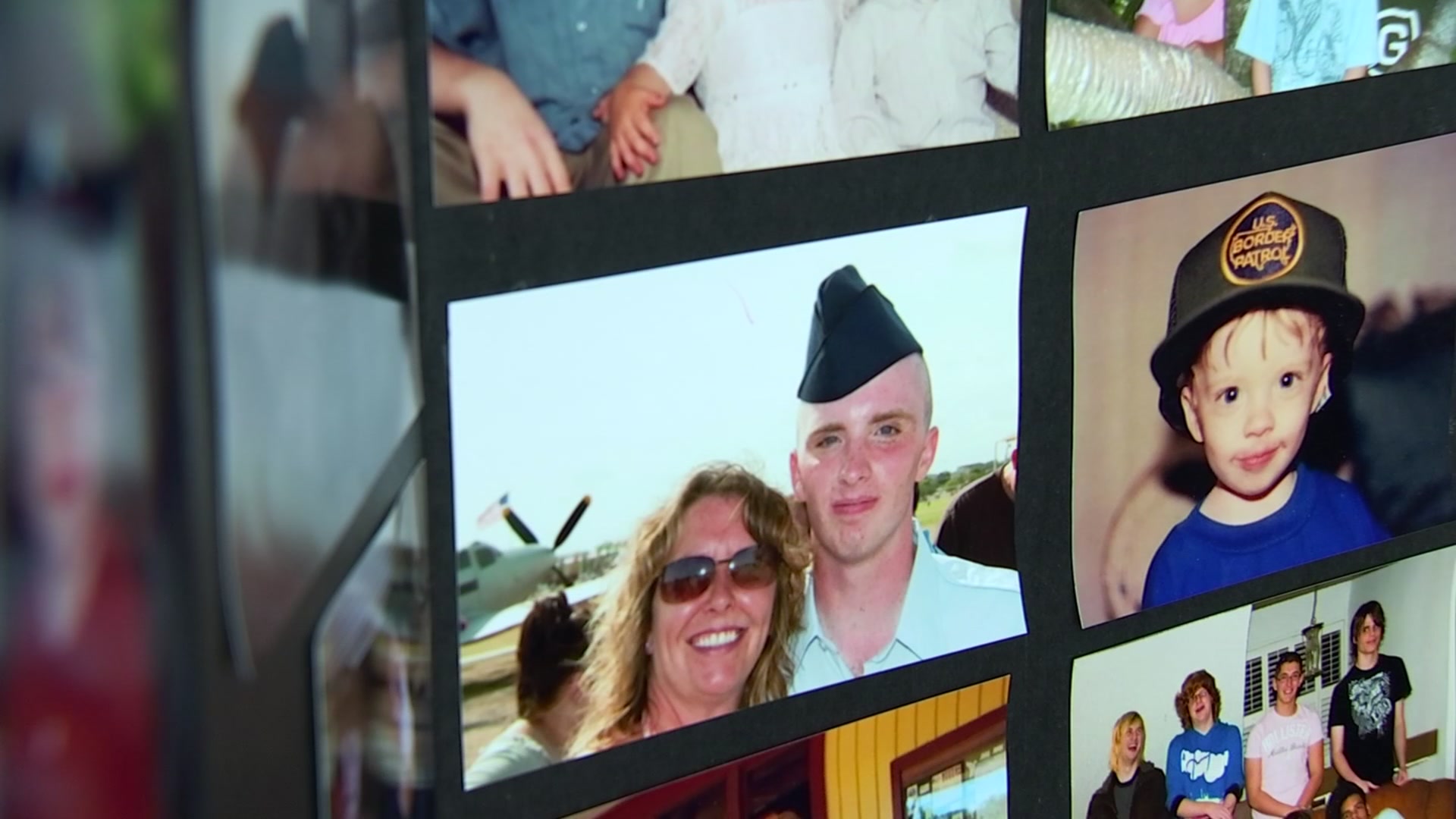Managing your money isn't easy, but getting overwhelmed with bills is. That's why we're giving one family a money makeover.
This week, our focus is on first steps. Our family sat down with a money counselor from Transformance, a non-profit which provides financial guidance. The advice she gave our family could help your family too.
Deanna Smith and her family are back in business after hard times. Smith and her husband work 40 plus hours a week and they have no credit card debt, but they feel like they're just not getting ahead.
"We know that there is a little bit of money left over," Smith said. "But we don't tend to see that money."
When Smith sat down with the financial counselor, she found spots to fix. The process starts with a questionnaire, sort of a financial pulse check. Counselor Caira Dean read one of the questions, "I could handle a major unexpected expense." Almost before she could get the question out, Smith answered, "Not at all."
Dean says before you get going, you have to do something simple: Set goals. And not pie in the sky, if-I-won-the-lottery goals, but goals that follow the acronym "SMART."
Specific
Measurable
Attainable
Relevant
Timely
Local
The latest news from around North Texas.
Dean suggests setting two to three specific short term and long term financial goals.
"Short term is anything that can happen in a year or less," Dean said. "Long term is something you want accomplish within two years or more."
All of the goals should follow SMART. So instead of "Create an emergency fund," your goal might be "Save $1,000" within five months. That would allow you to know that each month you'd have to save $200 a month to meet that goal, or $50 a week. Dean says, by just being that specific, you can see whether your goal is achievable or not. It also sets you up for small successes that can build your confidence and keep you on track.
Dean stresses that it's important to set a deadline for goals. That's something that resonated with Smith. She told us, when her family set goals in the past, they'd say "eventually" but then "Eventually would come and go and nothing would happen."
Step two for the Smith family was a homework assignment. The Smiths have been tasked to track expenses, for a whole month.
"It's going to seem a little ridiculous, but even if you section that off week by week, I want you to do it for a whole month," Dean said. "Keep a sheet of paper in your wallet in your purse."
Dean called this the "fritter finder." Seeing exactly how you spend on paper is a powerful motivator. Most people find places, however small, where they could do better.
Dean stresses, it's all up to the family. "You're the person who best knows your finances." Smith liked that. She said she thought a budget might be strict, or set in stone, but when she found out she would still be in control and decide what goes where, it was a load off of her mind.
Dean's next step was start saving now, no matter how little, even if it's only $1 here or there. For example, Dean's heard of people stashing away $5 bills every time they get them.
"The idea is just to build the habit," Dean said. "And maybe if it's a smaller amount, you'll be less tempted to touch it."
Smith expressed a common concern. The problem isn't saving, it's knowing that savings is there and then using it when something unexpected pops up. To that, Dean suggested having a small amount direct deposited from your paycheck into an account that you don't have easy access to. Maybe at a bank across town where you don't have an ATM card.
So, set specific, measurable, attainable goals. Track spending. And start saving. Plan in hand, Deanna Smith is hopeful. So is Dean. Of Smith she said, "She's well on her way to her goals. I'm very excited to work with Deanna."
Smith will track expenses for a month and work with Dean to create a budget that works for the family. She's also hoping the exercise will open the eyes of their teenage sons and let them know how much money it takes to run a household.
The Consumer Financial Protection Bureau has resources on goal setting, savings, improving cash flow, and prioritizing spending.
The Federal Reserve has tools for budgeting and building wealth. Mymoney.gov had budgeting worksheets and checklists, plus general money information on a broad range of topics.
Next week, we check out what you need to own your own home. Transformance has tools on its website and soon an free app called Pocket Change.



